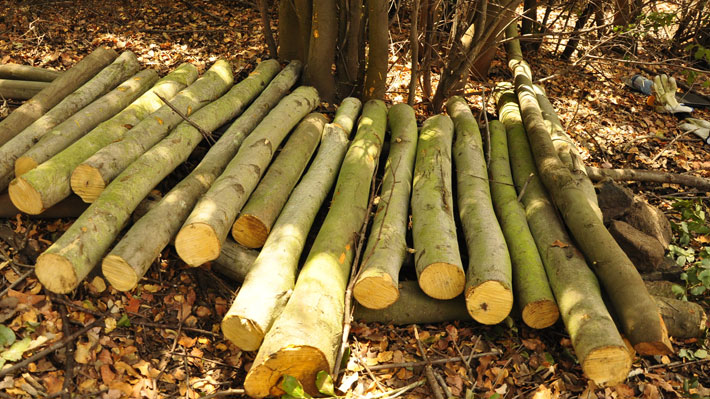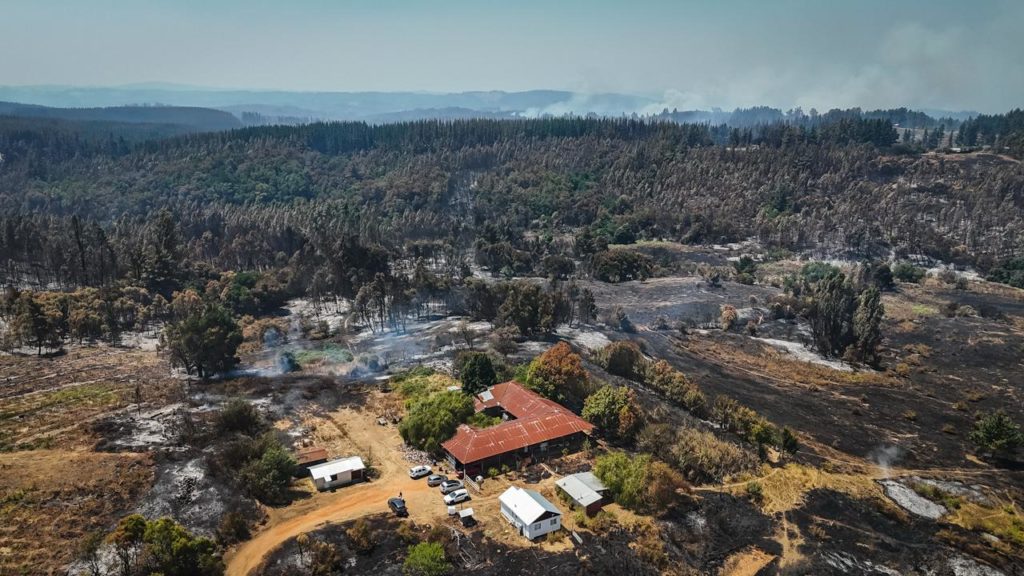The tariffs announced by President Donald Trump's administration on imported wood products and furniture, which will affect the Chilean industry, take effect this Tuesday with the aim of "protecting the national industry and reducing import dependency" for the United States.
They include a 10% tariff on all imports of sawn wood and softwood, and a 25% tariff on certain upholstered wooden furniture, such as sofas and armchairs, according to the White House.
Additionally, a 25% tariff on imported kitchen cabinets and dressers, including key components for their manufacture, as per the same source. The tariffs were announced by the White House in late September 2025 and include gradual increases starting January 2026. The United States will exempt the United Kingdom, the European Union, and Japan from the new tariffs, maintaining rates ranging between 10% and 15%.
Major national industry players such as the U.S. Lumber Coalition, an association representing wood producers, and the American Kitchen Cabinet Alliance, supported the measures. Meanwhile, American importing companies warn that prices could rise and shortages of certain furniture could occur in the U.S. market, due to heavy reliance on low-cost products from countries like China and Vietnam.
Adding to the tariff scenario, last Friday, Trump threatened to impose a 100% tariff on all Chinese products, in response to export controls that China will implement starting in November, which the Republican considers an "aggressive action" to restrict access to strategic rare earths.
Alert in the Chilean industry The measure has raised alarms in the Chilean industry. "We call on (Chilean) authorities to act urgently and in close collaboration with sectoral associations like Corma, to coordinate a strategy combining trade diplomacy and internal measures," Rodrigo O’Ryan, president of the Chilean Wood Corporation (Corma), stated to Emol.
"All this is happening at a critical time for the sector, especially for SMEs, which are already facing reduced wood availability due to fires, the absence of a promotion policy, a drop in domestic demand, and a sustained increase in structural costs," he added.
Source: Emol.com







Comments (0)
No comments yet. Be the first to comment!
Leave a comment